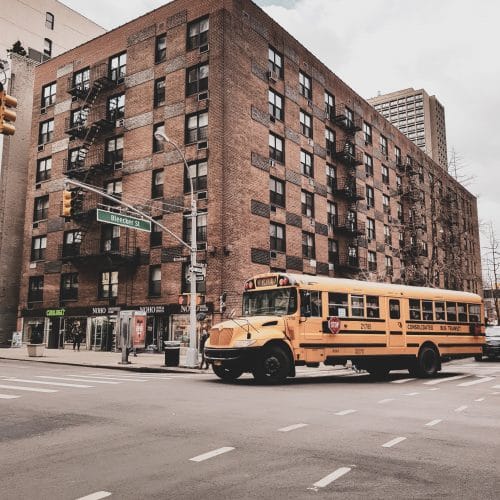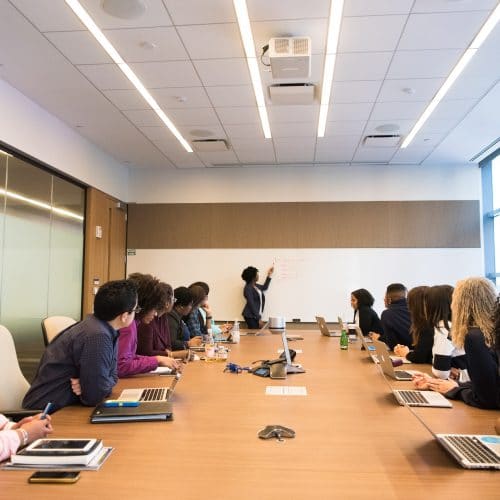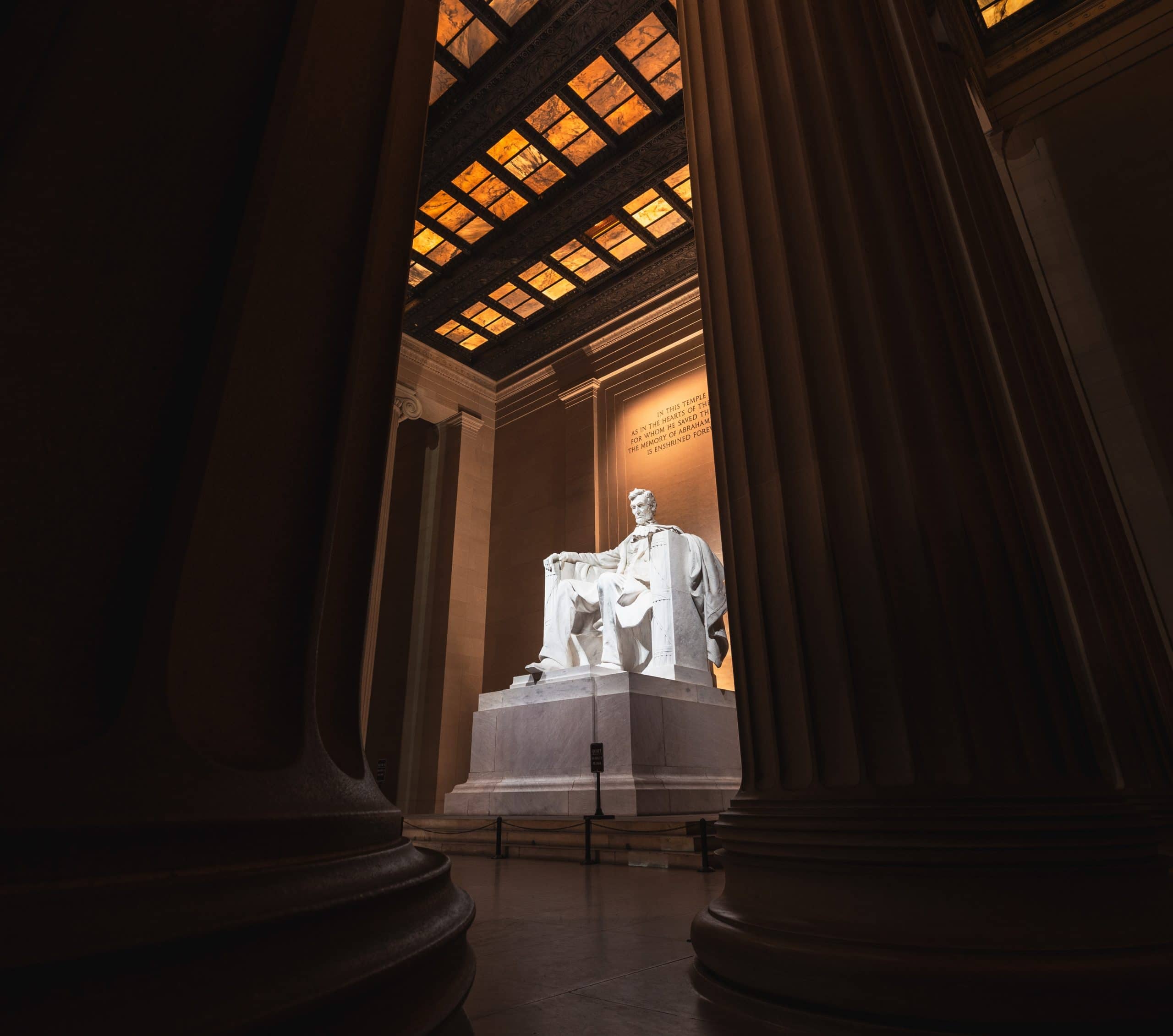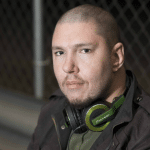Much of what is to be discussed here falls under the category of divisive concepts according to Executive Order 13950, “Combating Race and Sex Stereotyping,” signed by President Trump in September of 2020. This piece is thus illegal for use in government-funded diversity and inclusion training. This piece is thus not intended for use in government-funded diversity and inclusion training, but rather for the slow, difficult work of bridging and healing social divides that presently inhibit cooperation in our constitutional democratic republic. These divides cannot be wished away or censored by executive order. They can only be faced directly. Our society is fractured, and sometimes a fracture can only heal properly after setting the bone. As medical personnel often say, “This may sting a bit.”
Part I presented an argument for committing to anti-racism, particularly on the level of personal tendencies and interpersonal interactions. This follow-up piece aims to extend that argument to also include cultural and societal biases, which result in infringements upon the freedoms of people groups at large.
In talking about cultural and societal biases, keep in mind the distinction made in Part I between bias and bigotry. A bias may simply be an unquestioned prejudice of which one is unaware; it isn’t necessarily an individual’s moral fault insofar as it stems from lack of knowledge. A societal bias, then, is an unquestioned prejudice that emerges in policies and practices. In this way, biases can be inherited without being overtly taught.
Inherited Bias
In terms of inherited social biases regarding race, consider the creation of ghettoes through the related phenomena of white flight and housing discrimination. Due to these events occurring during and immediately following the civil rights era, neighborhoods had in effect become re-segregated after de-segregation, thereby creating “the bad parts of town.” Add to these the ongoing policies by which almost half of public school funding comes via property taxes. The result is that wealthier neighborhoods are afforded better school funding, and thus arises an ever-growing disparity in education and, consequently, in economic opportunity.

Experts in the legal field have made the argument that this disparity in education and economic opportunity have been compounded by policing practices and disparities in the legal field that further restrain the socio-economic movement of people of color in poorer communities. Michelle Alexander and Bryan Stevenson make such arguments; her The New Jim Crow and his Just Mercy are highly recommended introductions to this line of thought.
Now, talk of inherited bias generally and systemic racism specifically is not in the business of assigning blame in the way that “bigotry” ascribes a moral value. Analyses of systemic racism instead aim to demarcate ways that social systems as a whole—such as the complex of white flight, housing discrimination, and disparate policing practices—hinder equal opportunity and equality under the law.
These inherited biases relate to concepts of “privilege” and “guilt.” As with “bias” discussed in Part I, these also can also be understood as non-moral categories and thus not as accusations. First, “privilege” merely designates life circumstances that hinder others but not oneself. As a set of circumstances into which one is born, privilege alone isn’t eligible for moral blame or praise. Second, due to these circumstances, some may have a heavier burden of responsibility than others to scrutinize inherited biases (i.e. “guilt”). For this reason, a distinction is made between moral culpability and unconscious bias.
Privilege and guilt, as defined here, are in and of themselves not of one’s choosing and thus not eligible for moral blame. However, choosing to neither acknowledge nor undertake the task of discovering one’s inherited biases and subjecting them to scrutiny is morally blameworthy, for that choice amounts to choosing advantage for oneself over working toward equality.
To Privilege or Not to Privilege
Given that our beliefs are largely informed by our past, both personally and socially, are we doomed to inherit all previous biases? Do “privilege” and “guilt” constitute a kind of moral fatalism, in which some are hopelessly and irrevocably bigoted by virtue of their race? Not insofar as moral blame or praise belong to acts that one chooses. In the context of inherited biases, one doesn’t choose privilege or guilt, but one can choose how to live and act on these features of one’s background.
A popular theme in talks about diversity and inclusion is to “acknowledge one’s privilege” or the similar “check your privilege.” But discussions that stop there fail to lean into the moral task at hand. The moral task isn’t to simply decode or even eradicate one’s privilege but rather to leverage it so as to empower others, thereby living out our inherited ideals of equality, liberty, and justice.
Two clarifications about privilege must be made:
- The claim here isn’t that eradicating privilege would be undesirable. Rather, “eradicating privilege” would be a new attempt at “color-blindness,” which may have begun as a good intention but has in time become an excuse to turn a blind eye to the distinctive obstacles our neighbors may face.
- “Privilege” doesn’t belong exclusively and exhaustively to one people group. Every individual has a variety of influences and a variety of life circumstances, each of which may bring with it some degree of advantage or disadvantage. For instance, the “white male” may be popularized as the pinnacle of privilege, but a white male with a physical disability is nonetheless exempt from the overwhelming majority of privileges ascribed to the “white male.”
The point here is to understand that everybody has some level of privilege, and everybody faces obstacles. Everybody has some resources, and everybody has some needs. It’s not a matter of the Haves and the Have-Nots. We may want to believe in a level playing field, but reality isn’t so convenient. Assessment of privilege, therefore, is less a matter of moral praise or blame but more like taking inventory of the resources one has available.
The moral issue comes in how one uses those resources. One can hoard them in selfish ambition to gain power over others, or one can use them selflessly to empower others. Empowering others can reciprocate, freeing them to in turn use what resources they have to empower others, including oneself.

Responsible Inheritance
With these clarifications in place, the question that opened the last section—whether “privilege” always dooms one to bigotry—can be appropriately addressed.
Critical here is to see that one’s history—and the ideals one inherits—can self-contradict. The failed southern rebellion of 1861 displayed this internal conflict. The inherited ideal of equality and the inherited institution of chattel slavery went to war. As with any other society or culture, American history is not so linear or monolithic as history textbooks may present it.
American history includes both abolitionists and slavery defendants. American history includes both Martin Luther King, Jr. and George Wallace.
Each person’s life emerges from a wide variety of influences or “subcultures,” each of which may have a similar self-conflicting history. Due to the varieties of subcultures and the internal tensions that can reside within any one of them, here is where individual responsibility marks oneself—one’s self—against an ever-increasingly complicated social background.
Because cultures and subcultures tend to carry such self-conflicts, they cannot consequently determine how an individual behaves. Some influences may be stronger than others, but it’s ultimately the individual’s responsibility to choose which influence wins.
It’s unrealistic to burden anyone with the responsibility of untangling all of one’s influencing subcultures and all of the possible tensions within their histories. However, everyone can take responsibility for assessing at least some of them. Everyone can and should examine the choices they may make and the influences that motivate those decisions.
Social Thought
Although ultimately a matter of individual responsibility, these self-examinations can and should be decidedly social tasks. The backgrounds of our lives tend to be obscure to us, always on the periphery of our attention until something or someone brings some particular feature of it into focus. We tend to make background assumptions and take them for granted as the default, the normal, until someone encounters us with different “default” backgrounds.
Encounters with different “defaults” involve a choice: either recede into the comfort zone of what’s familiar, or embark into the wider social world in which one’s own familiarity is foreign to someone else. These encounters allow one to meet not only foreign background assumptions but also to meet one’s familiar assumptions in a new light.
With this newfound focus and clarity gained collaboratively with others, one’s own influencing subcultures can more easily come into view, allowing one to more specifically identify and choose from among them. In this way, knowing others invites a greater self-knowledge and thus a greater aptitude in the individual responsibility of assessing one’s own influences and histories.
A commitment to anti-racism therefore involves a commitment to self-knowledge, and self-knowledge requires having one’s assumptions exposed as assumptions. These are commitments to letting one’s assumptions no longer simply take a “default” status but rather be submitted to the free competition of ideas.
Reality Changing Observations:
1. How can we encourage ourselves and our peers to encounter other “defaults”?
2. Does encountering other “defaults” require that we reject our own?
3. Do you think a society is better or worse for not having a singular, shared “default” but rather a shared space for differing “defaults” to encounter each other?






